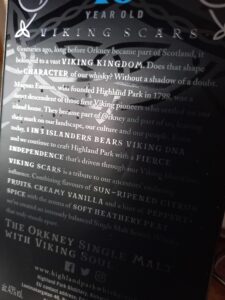
It was not just the price that drew me to buy these bars of Cadbury’s chocolate, but the words on the wrappers. They made me smile. They made me think … remember even.
By the time I was born in 1941, food rationing had been in place for a year. I do look at the list now and wonder how my mother managed to feed us. But she did. I was always hungry, however …
The list? This is what we were each allowed for one week throughout the war.
- Bacon and ham 4oz
- Butter 2oz
- Cheese 2oz
- Margarine 4oz
- Cooking fat 4oz
- Milk 3 pints
- Sugar 8oz
- Jam 1lb every two months
- Tea 2oz
- Eggs, 1 a week, if available powdered egg packet every four weeks.
Because my sister (born in 1944) and I were growing, we received extra milk, orange juice and cod liver oil. (Immediately postwar my cousin was also fed Virol, a sweet malt syrup which her parents could afford, but my own could not.)
Many non-food items were also rationed such as soap, clothing, petrol and paper. Petrol, I note, wondering if we are on the verge of rationing again !
This is where I now become puzzled. Because I always thought I had learned to read from reading food packaging – the packets, the jars, bottles and cans on the dining table at mealtimes. But how could I have done when there was so little food available? And most – sugar, other dry goods and dairy products – had to be collected (in containers or wrapped in waste paper) from the grocery shop, butcher or baker. Not much to read there.
But this is my memory: sitting at the dining table and reading and re-reading every line, word and letter on labels and packaging. There was little else to read in the house – few books and a small collection of the Reader’s Digest. Yet when I first went to school I could read fluently and had been in proud possession of a library ticket from the age of four.
 I distinctly remember there being Kelloggs’ packets on the table, but how was that possible when imported and ships from the US concentrated on transporting more important cargoes. Maybe cornflakes became part of my diet after 1945, along with bananas and ice-cream. But that still begs the question: what was I reading before that; how did I learn to read?
I distinctly remember there being Kelloggs’ packets on the table, but how was that possible when imported and ships from the US concentrated on transporting more important cargoes. Maybe cornflakes became part of my diet after 1945, along with bananas and ice-cream. But that still begs the question: what was I reading before that; how did I learn to read?

My first ever ice-cream at the Victory Day party in Coventry in 1945. I am touched to see how well-turned out I am, my mother making all my clothes, especially when she herself is so dishevelled.
So a mystery, but a somehow based on a habit that I practise to this day, especially at breakfast time. And in recent years I have become more and more aware of how packaging is changing. Not simply that some companies – some – are trying to use less, in respect of dwindling natural resources, but the tone of the advertising. This has been evolving of course all long throughout the decades, to reflect political and economic changes, but now it feels very different.
What matters nowadays is content, with less emphasis on instruction and more and more on story-telling. With lists and the origin of ingredients and calorie counts etc now demanded by law, copywriters have a new freedom: to be playful, to be personal, to be ethical.

I have brought muesli since the 1970s, but Dorset Cereals captured my attention since the start. What a way to start the day! Breakfast on the slow, followed by words like bustle and hurry to start winding me up for the day ahead …
By contrast, reading this lifts me off my seat and sends me spinning …
Are the ways in which big brands are being marketed influencing smaller companies, or is it the other way around? Certainly major advertising agencies were talking more and more about story-telling from the 1990s on. What began however as stories for the masses are becoming more and more intimate and personal.
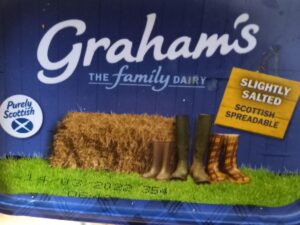
Graham: the family dairy. https://www.grahamsfamilydairy.com/our-products/category/butter/

While products with an ancient heritage can milk that provenance, with words like ‘traditional’ , or ‘Since 1720’ offering reassurance and comfort, some are really upping their game, well aware that new brands are breaking boundaries and throwing out challenges to woo future consumers with an interest in the ethics of consumerism. On the fashion front, companies like Primark really have had their day. We all know the true cost of cheap clothes. Slave labour on farms and in factories. Landfill. (In Chile’s stunningly beautiful Atacama desert, there is a Mt.Fuji of discarded textiles shipped from western countries …This is not simply waste. It is an insult on every level. )
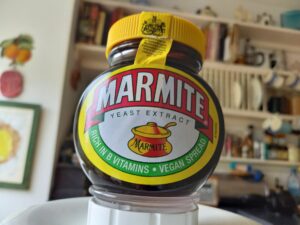
Clever Marmite: Maintaining a historic front while letting it all hang out on the back. Especially love the Sale By date (as in, there isn’t one)
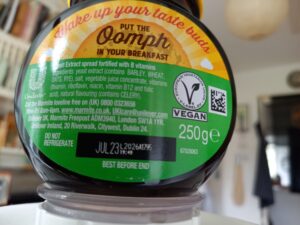
But there is hope. Young entrepreneurs with concerns about climate change and the limitations of natural resources have a whole new language – vocabulary – at their concerned fingertips: nature
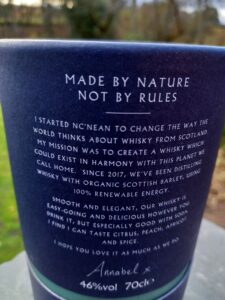

, organic, vegan, green, sustainable, plant-based and so on.
Also they seek to make contact with their buyers, by making their story resonate. They use humour. They use poetry. They ground us. They encourage us to consider the intrinsic value of what we are buying.

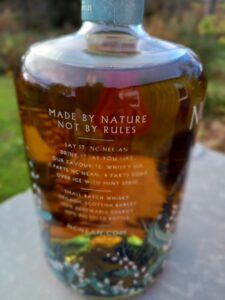
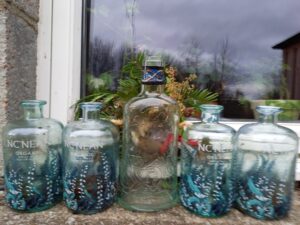
“CEO Annabel Thomas left her job as a consultant in London after a whisky road trip prompted her to see if she could create a distillery with a difference. By March 2017, Nc’nean (pronounced Nook-knee-anne, it’s an abbreviation of Neachneohain, a witch-queen in Scots Gaelic folklore), was founded as the first fully organic modern distillery in Scotland powered by 100% renewable energy. The wood chips for the biomass boiler are sourced from a local forest, while all by-products are recycled as animal and plant feed on Drimin Estate where the distillery is located.”
Seduced by the philosophy (and the beautiful bottle, with its relief of white heather) we tasted Mc’nean’s first malt in 2020 and have never looked back. Interestingly, the company has already reduced the packaging as while lovely, was considered too wasteful. The bottles we keep to give away as souvenirs.
Good producers want us to know everything there is to know about their products. They want us to know where items come from, what they are made of, how they can help us. They seek to deepen our understanding, teach and illuminate.
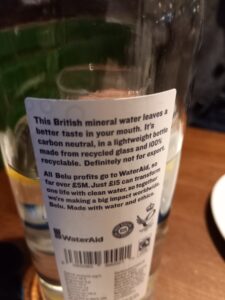
Am I too gullible? Am I simply falling for new tricks to part me from my hard-earned cash? I choose to believe not. I am an idealist and I believe in ever-hopeful optimism even when there is so much pain, blind anger and cynicism in the world.
Mainstream manufacturers with one eye only on profit and shareholder interests are jumping onto the ethically-inclined bandwagon, so be aware! The loose use of the word ‘organic’ does not necessarily mean the product is organic, according to certified rules. It is time therefore to still think globally – we are One – but actively consume locally, which is supportive and reliable. A gift of raspberries ‘grown in Morocco’ is not longer acceptable, unless you live in Morocco that is! Raspberries are naturally seasonal, so let’s enjoy at the right time, not all year round. Think need, not want. Many are adapting to this policy and to some extent lockdown has helped, bringing us back not only into our physical homes, but ourselves and a more thoughtful space.
Go to any farmers market throughout the summer and see how local producers are marketing their wares. Of course they are concerned to make a good living, but the large majority who make something with their own hands are invested in honesty and the desire to make lives better not worse. Is not that why we are here? To ensure we leave the planet a better place than the one we were born into?
It strikes me – a lack of foresight for sure – that much of the above may appear to be primarily concerned with whisky. This is because during lockdown we stayed close to home, keeping away from markets and urban areas. Instead we tested a new brew every couple of months and so became familiar with the most interesting on the market via The Whisky Box in Dunkeld. Scotland appears especially innovative, creative and protective of its history and geography, and nowhere it this better reflected than in the marketing of its most admired beverage
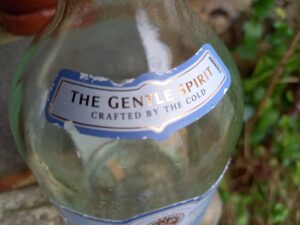
The ultimate soft sell: wonderful that so few words can be so powerfully evocative …

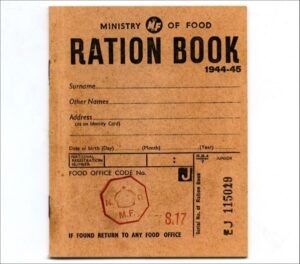
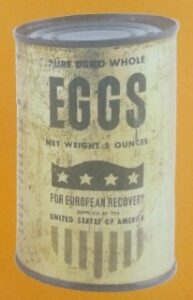

 I distinctly remember there being Kelloggs’ packets on the table, but how was that possible when imported and ships from the US concentrated on transporting more important cargoes. Maybe cornflakes became part of my diet after 1945, along with bananas and ice-cream. But that still begs the question: what was I reading before that; how did I learn to read?
I distinctly remember there being Kelloggs’ packets on the table, but how was that possible when imported and ships from the US concentrated on transporting more important cargoes. Maybe cornflakes became part of my diet after 1945, along with bananas and ice-cream. But that still begs the question: what was I reading before that; how did I learn to read?

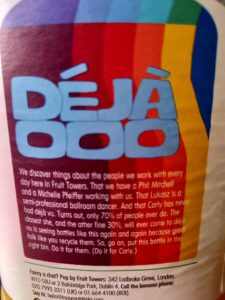





 , organic, vegan, green, sustainable, plant-based and so on.
, organic, vegan, green, sustainable, plant-based and so on.




